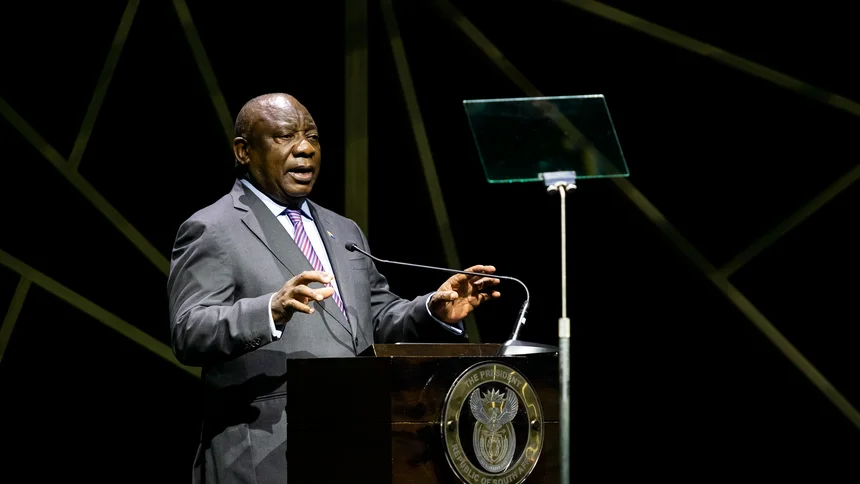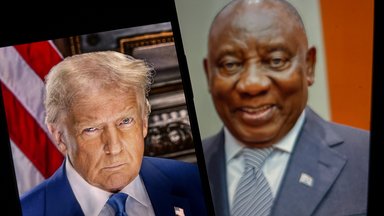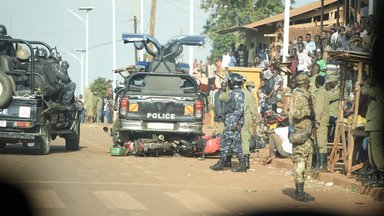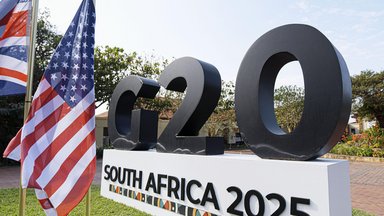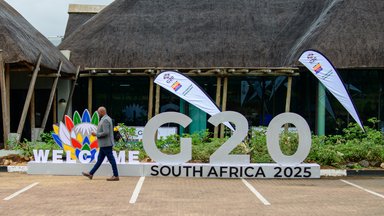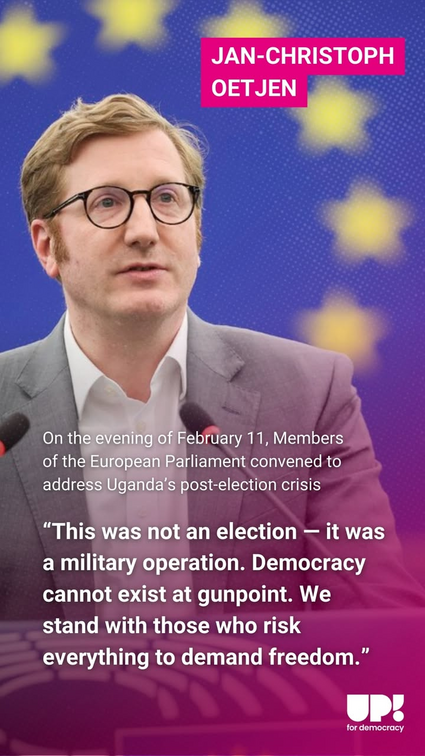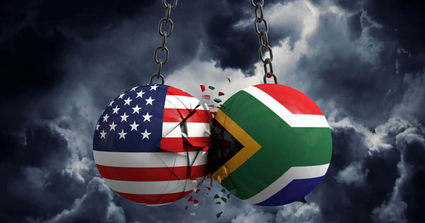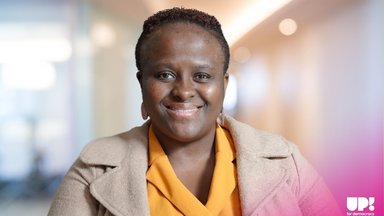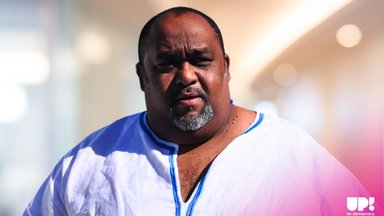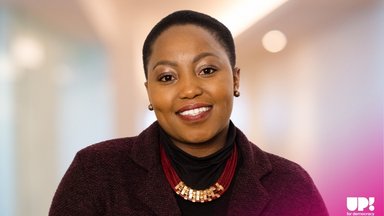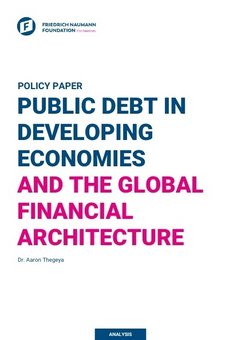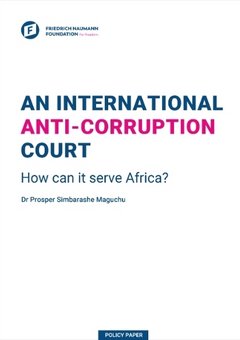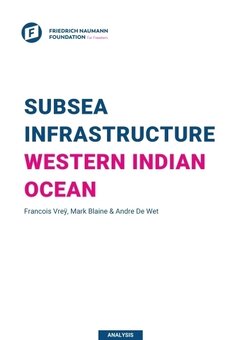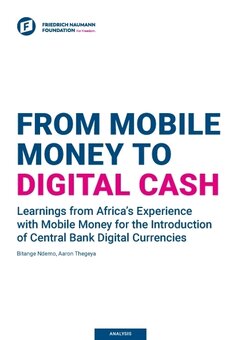Sub-Saharan Africa
The future of Africa is often regarded in a strangely unimaginative and pessimistic way. Yet Africa today is full of diversity, economic potential and innovative development.
However, the continent faces numerous challenges. As a liberal foundation, we believe that sustainable development depends on strong democratic institutions. Through our activities, we therefore promote liberal policies such as human rights, the rule of law, innovation, digitalisation and free trade.
From our offices in Johannesburg, Cape Town, Harare, Dar es Salaam, Nairobi, Abidjan and Dakar, we support partners in several African countries in advocating liberal values and implementing democratic structures.
News
-
Between caution and confidence
Ramaphosa’s SONA signalled cautious progress: growth returns, reforms take hold and loadshedding eases. Now South Africans want proof that stability delivers jobs, relief and real opportunity.
-
Between Washington and Brics — SA’s strategic squeeze
SA’s Brics+ naval drills aren’t a reckless pivot but a hedge in a fractured world order. As US pressure grows, Pretoria is diversifying partners while urging deeper, values-based ties with Europe.
-
The price of the ballot and the politics of power
Uganda’s President Yoweri Museveni won a seventh term after the 15 January 2026 elections, extending four decades in power. Results announced on 17 January put him ahead of opposition leader Bobi Wine.
-
Exposing gaps in governance and regulation
AI is advancing fast, but governance lags. Experts warn that without context-sensitive regulation, digital rights are at risk, personal data can be misused, and African languages may be excluded.
-
Why liberals and Germany must get it right
Germany faces growing labour shortages and skills gaps, making migration central to its economy. For liberals, the challenge is ensuring mobility is fair, transparent and drives shared prosperity.
-
Brussels’ bet on Pretoria, and its payoffs
Europe’s full attendance at the Johannesburg G20 defies US pressure and signals a strategic bet on Africa. With Washington turning inward, Brussels sees the summit as a chance to assert autonomy, fill a leadership gap, and reset ties with the Global South.
-
Unlocking democracy through youth-centred financing and innovation
The recent G20 Sideline Event at the FNF regional office in Johannesburg set the tone for a powerful day of ideas and collaboration ahead of the main G20 gathering on 22-23 November 2025.
